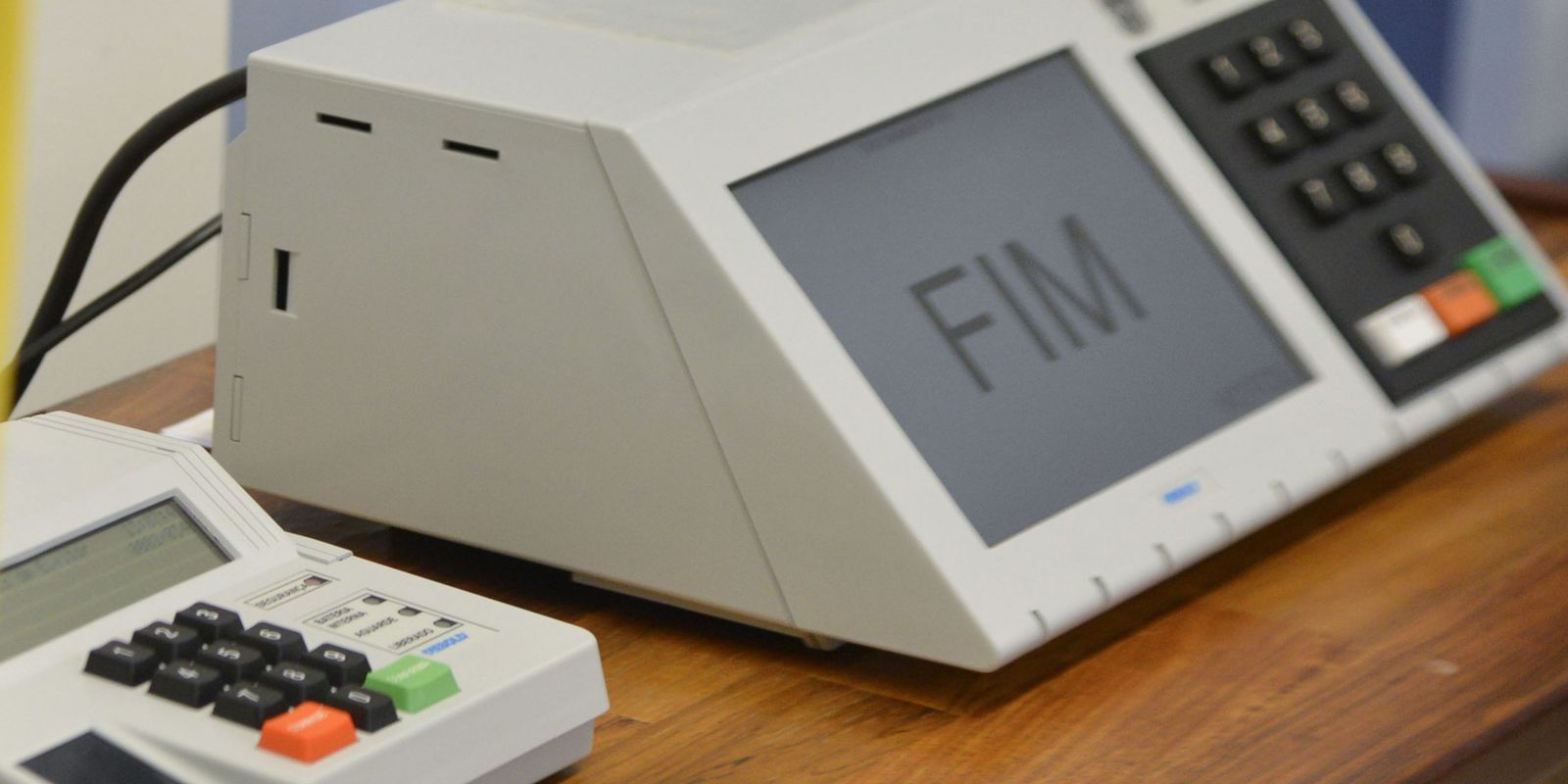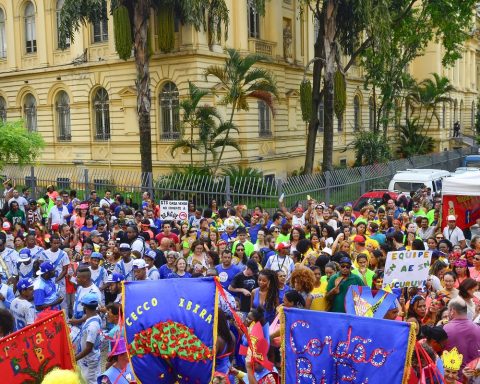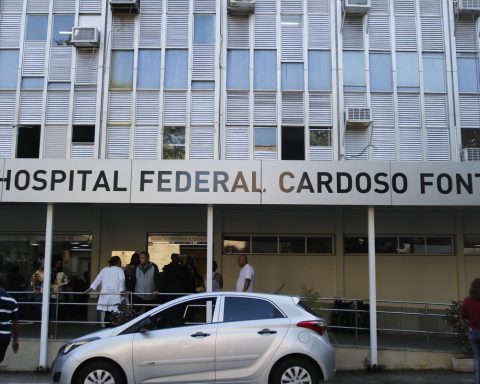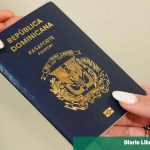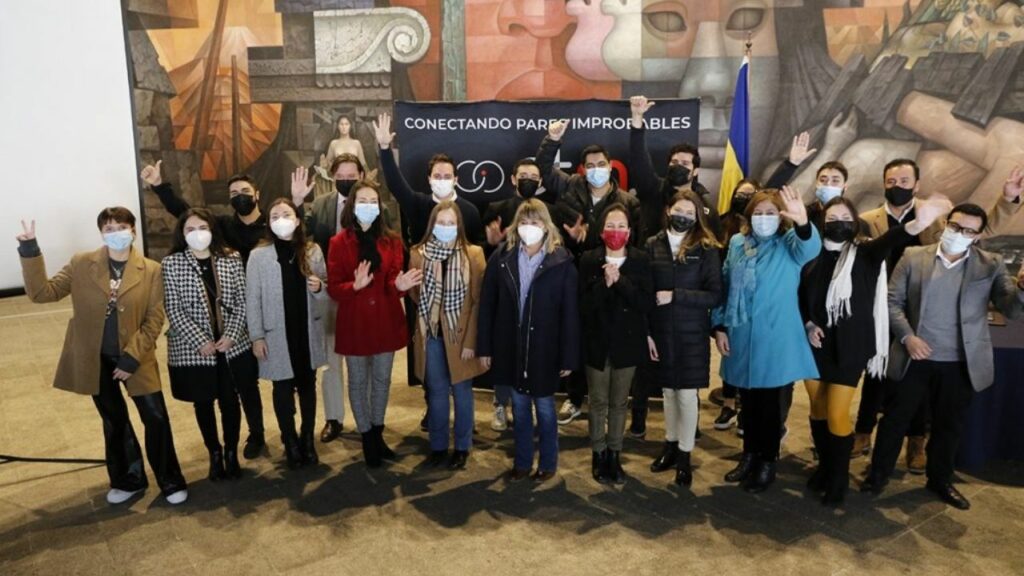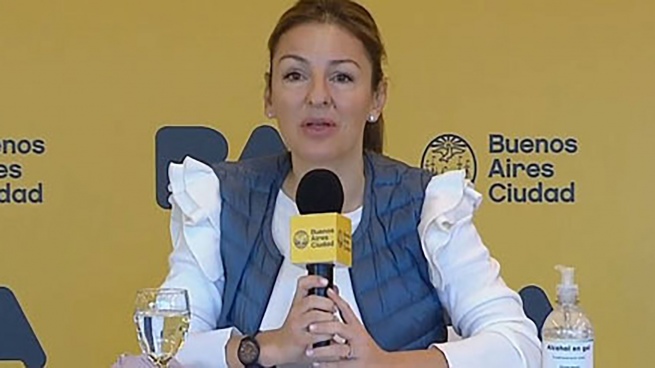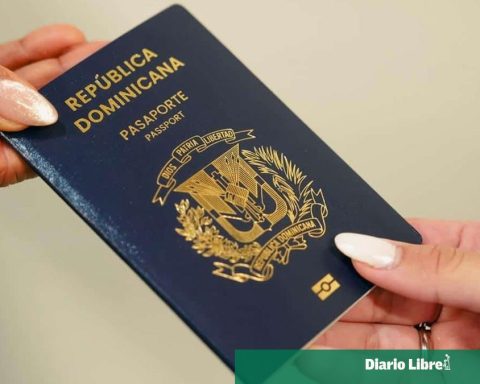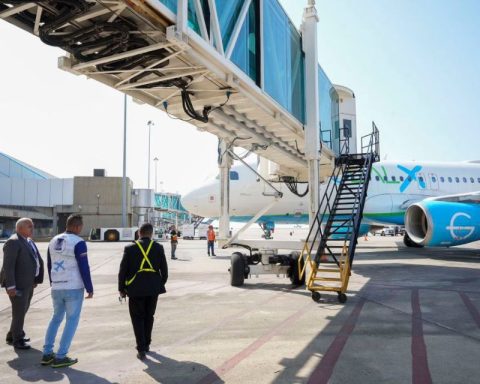Two chartered planes will be used by the São Paulo Regional Electoral Court (TRE-SP) to transport the electronic voting machines that were chosen to be part of the integrity test in this year’s elections in the state of São Paulo.
In the integrity test, the audit, which is carried out through a kind of parallel voting, with paper ballots, will be carried out in 33 electronic voting machines, which were selected by invited civil society entities such as the Brazilian Bar Association (OAB ), the Public Ministry, the Armed Forces and the Federal Police, as well as political parties.
During the test, which aims to reinforce the security of the ballot boxes, representatives of the inspection entities will fill out paper ballots with votes for official candidates and deposit them in canvas ballot boxes, which will be sealed on Saturday (1st), the eve of the election. On election day, during voting hours (from 8 am to 5 pm), civil servants from the Judiciary and the Public Ministry will remove these paper ballots from the canvas ballot boxes, type the votes in a computer and, subsequently, in the electronic ballot box. The entire process will be filmed and, at the end of the voting, the results of both polls will be compared, to prove that they are the same. Audit votes will not be counted in the election.
Of the total number of ballot boxes tested, six of them will be used in the polling stations themselves, with the use of biometrics of voluntary voters. On the eve of the election, the other ballot boxes will be removed from polling stations and taken to the Centro Cultural São Paulo (CCSP), where they undergo the test. The inspection entities will be able to choose any urns that are in the state of São Paulo. New electronic voting machines will be placed in place of those selected for the audit.
For the audit and for logistical reasons, the state was divided into five groups of municipalities. The first of them encompasses cities that are within a radius of 200 kilometers (km) from the capital of São Paulo. [o que inclui as regiões metropolitanas de Campinas e de São Paulo, o Vale do Ribeira, o Vale do Paraíba e o litoral paulista]. The other four groups refer to the interior and are formed by four hub cities, from where the ballot boxes will be transported by plane to the capital: Bauru, Presidente Prudente, São José do Rio Preto and Ribeirão Preto.
One of the planes hired by the TRE will leave São Paulo and land in Presidente Prudente, where it will collect the ballot boxes that were chosen for the audit and that are in polling stations in that region. Afterwards, the same plane will go to Bauru and collect the urns that were selected in the region. From there, the plane will return to the capital, to Congonhas Airport.
The second plane will travel to São José do Rio Preto, Ribeirão Preto and São Paulo. From the capital of São Paulo, the urns will finally be taken to the Centro Cultural São Paulo, where the test will be carried out.
According to the court, on all routes, whether by air or land, the Military Police and an Electoral Justice server will be present, in addition to a representative of a supervisory entity, if interested.
